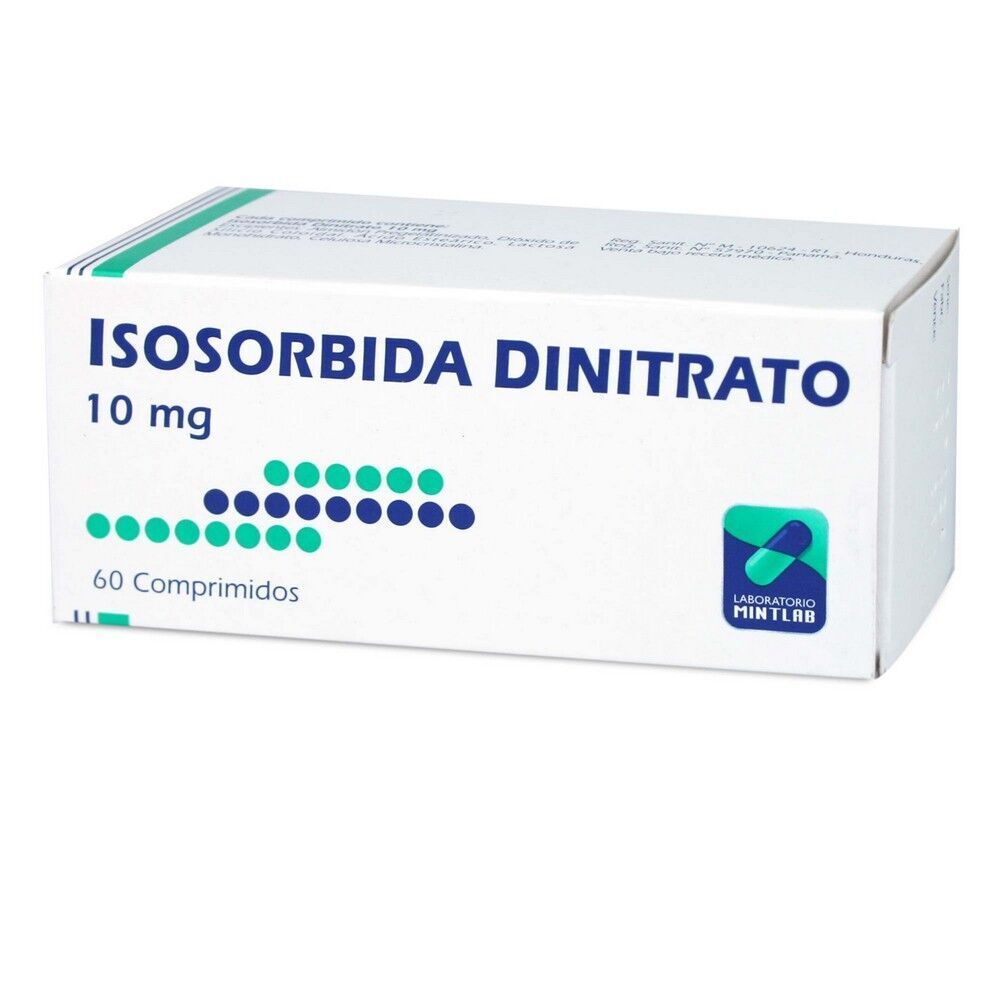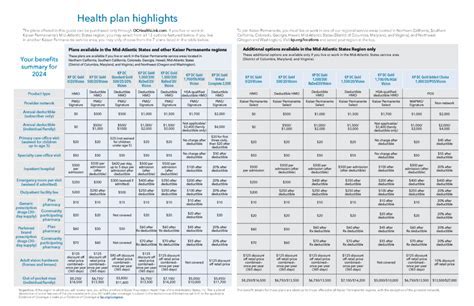Isosorbide is a medication that has been used for several decades to treat various medical conditions, primarily related to heart health and blood vessel function. It belongs to a class of drugs known as nitrates, which work by relaxing and widening blood vessels to improve blood flow. The primary use of isosorbide is to prevent or alleviate symptoms of a condition known as angina pectoris, commonly referred to as angina.
Angina Pectoris
Angina is a condition characterized by chest pain or discomfort that occurs when the heart muscle does not receive as much blood and oxygen as it needs. This is often a result of coronary artery disease, where the arteries that supply blood to the heart become narrowed or blocked due to atherosclerosis (the buildup of plaques). Isosorbide helps in managing angina by relaxing the blood vessels, which reduces the workload on the heart and subsequently decreases the oxygen demand. This action helps prevent episodes of angina and improves the overall quality of life for individuals suffering from this condition.
Mechanism of Action
Isosorbide works by converting into nitric oxide in the body, which then relaxes the smooth muscles of the blood vessels. This relaxation leads to vasodilation, a widening of the blood vessels, which reduces blood pressure and decreases the amount of oxygen the heart needs. This dual effect makes it easier for the heart to pump blood, reducing the strain and preventing the chest pain associated with angina.
Forms of Isosorbide
Isosorbide is available in several forms, including immediate-release and extended-release tablets, as well as an oral solution. The choice of formulation depends on the frequency of angina episodes and the individual’s response to the medication. Immediate-release formulations are typically used for the quick relief of angina symptoms, while extended-release forms are designed to provide longer-lasting effects and are often used for preventive purposes.
Side Effects and Considerations
While isosorbide can be effective in managing angina, it’s not without side effects. Common side effects include headache, dizziness, and lightheadedness due to the vasodilatory effects. More severe but less common side effects can include low blood pressure and methemoglobinemia, a condition where an abnormal amount of a form of hemoglobin is produced. It’s essential for patients to follow the prescribed dosage and discuss any concerns or side effects with their healthcare provider.
Lifestyle and Dietary Considerations
In addition to medication, lifestyle modifications can play a crucial role in managing angina. This includes maintaining a healthy diet low in saturated fats, cholesterol, and sodium, exercising regularly (under the guidance of a healthcare provider), quitting smoking, and managing stress. Dietary nitrates found in some foods can also interact with isosorbide, and patients should be aware of potential interactions.
Conclusion
Isosorbide is an important medication in the management of angina pectoris, offering relief from symptoms by reducing the heart’s workload through vasodilation. Its effectiveness, coupled with its relatively straightforward mechanism of action, makes it a valuable tool in treating patients with coronary artery disease. However, like all medications, it should be used under the guidance of a healthcare professional, with careful consideration of potential side effects and lifestyle adjustments to maximize its benefits.
FAQ Section
What is the primary use of isosorbide?
+Isosorbide is primarily used to prevent or relieve symptoms of angina pectoris, a condition characterized by chest pain due to reduced blood flow to the heart.
How does isosorbide work to relieve angina symptoms?
+Isosorbide works by relaxing and widening blood vessels, which improves blood flow to the heart, reduces the heart’s workload, and subsequently decreases the oxygen demand, thus relieving angina symptoms.
What are common side effects of isosorbide?
+Common side effects of isosorbide include headache, dizziness, and lightheadedness. More severe but less common side effects can include low blood pressure and methemoglobinemia.
Can lifestyle changes help in managing angina alongside isosorbide treatment?
+Yes, lifestyle modifications such as a healthy diet, regular exercise, quitting smoking, and managing stress can significantly aid in managing angina and improving overall heart health when used alongside isosorbide treatment.



